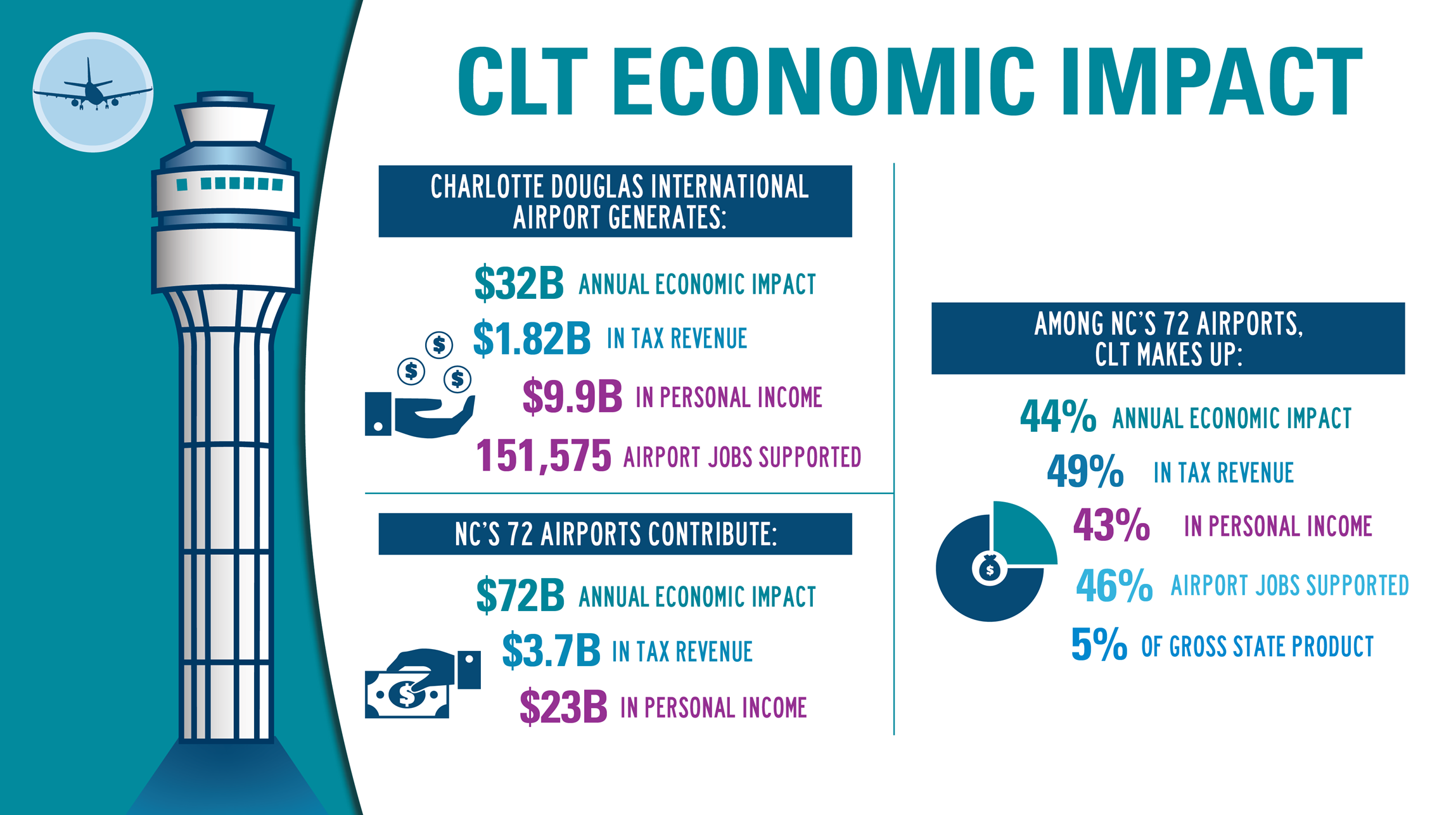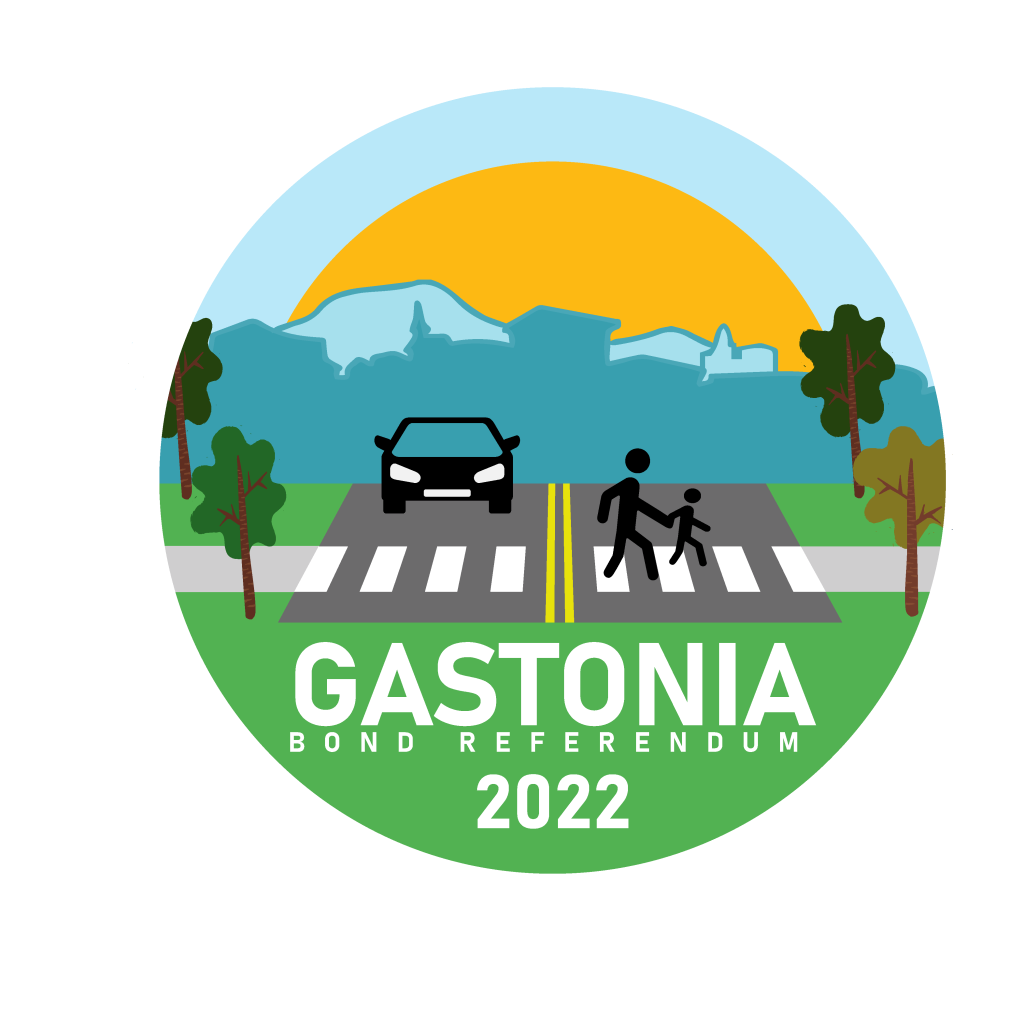2 for Tuesday | Transportation Senate Bills Progressing | HB765 Continues Forward!
-
Transportation Legislation On the Move
The positive movement in Raleigh on the Mecklenburg County transportation front is continuing its forward momentum. Two Senate bills, SB 145 and SB 584, were introduced in March and April. And now a companion measure, HB 984, has been introduced by Representative Tricia Cotham. REBIC applauds the forward-thinking legislation that has been filed, continuing the critical momentum needed to expand Mecklenburg County’s transportation system. House Bill 948, Projects for Advancing Vehicle-infrastructure Enhancements (The PAVE Act), would allow voters in Mecklenburg County to support smart investments that would shape a brighter future for the city, county, and every town in Mecklenburg County.












